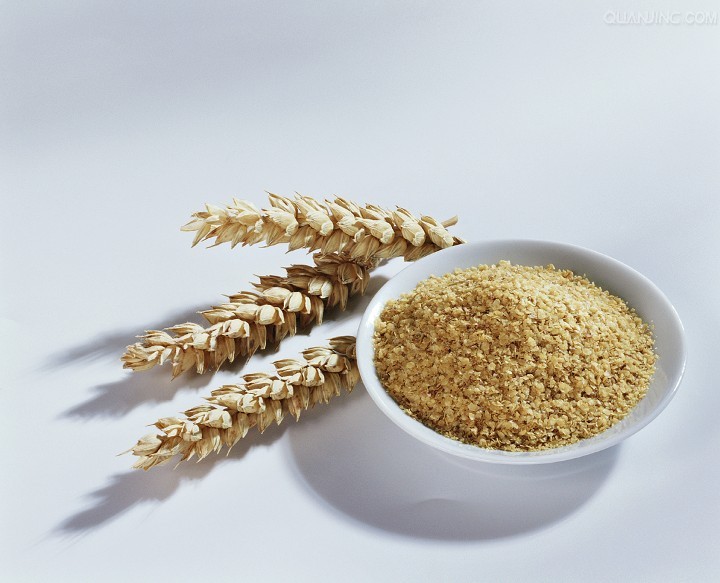INCI name: | Triticum aestivum L. |
Part used: | Germ |
Extraction method: | Cold pressing |
CAS No.: | 68917-73-7 |
Origin: | Spain, China |
Appearance : | Light yellow to yellow clear oily liquid |
Odour: | Characteristics of wheat germ smell and taste |
Relative Density(20℃): | 0.920~0.940 |
Refractive index(20℃): | 1.4690~1.4780 |
Acid value (mgKOH/g): | ≤2.0 |
Peroxide value(mmol/kg): | ≤5.0 |
Soap change value: | 180~200 |
| The Lord to make points: | Oleic acid and linoleic acid |
The germ of a cereal is the reproductive part that germinates to grow into a plant;it is the embryo of the seed. Along with bran, germ is often a by-product of the milling that produces refined grain products. Cereal grains and their components, such as wheat germ oil,rice bran oil, and maize, may be used as a source from which vegetable oil is extracted, or used directly as a food ingredient. The germ is retained as an integral part of whole-grainfoods.Non-whole grain methods of milling are intended to isolate the endosperm, which is ground into flour, with removal of both the husk (bran) and the germ. Removal of bran is aimed at producing a flour with a white rather than a brown color, and eliminating fiber: neither of these objectives is desirable from the nutritional viewpoint. Germ is rich in polyunsaturated fats (which have a tendency to oxidize and become rancid on storage) and so germ removal improves the storage qualities of flour. |  |